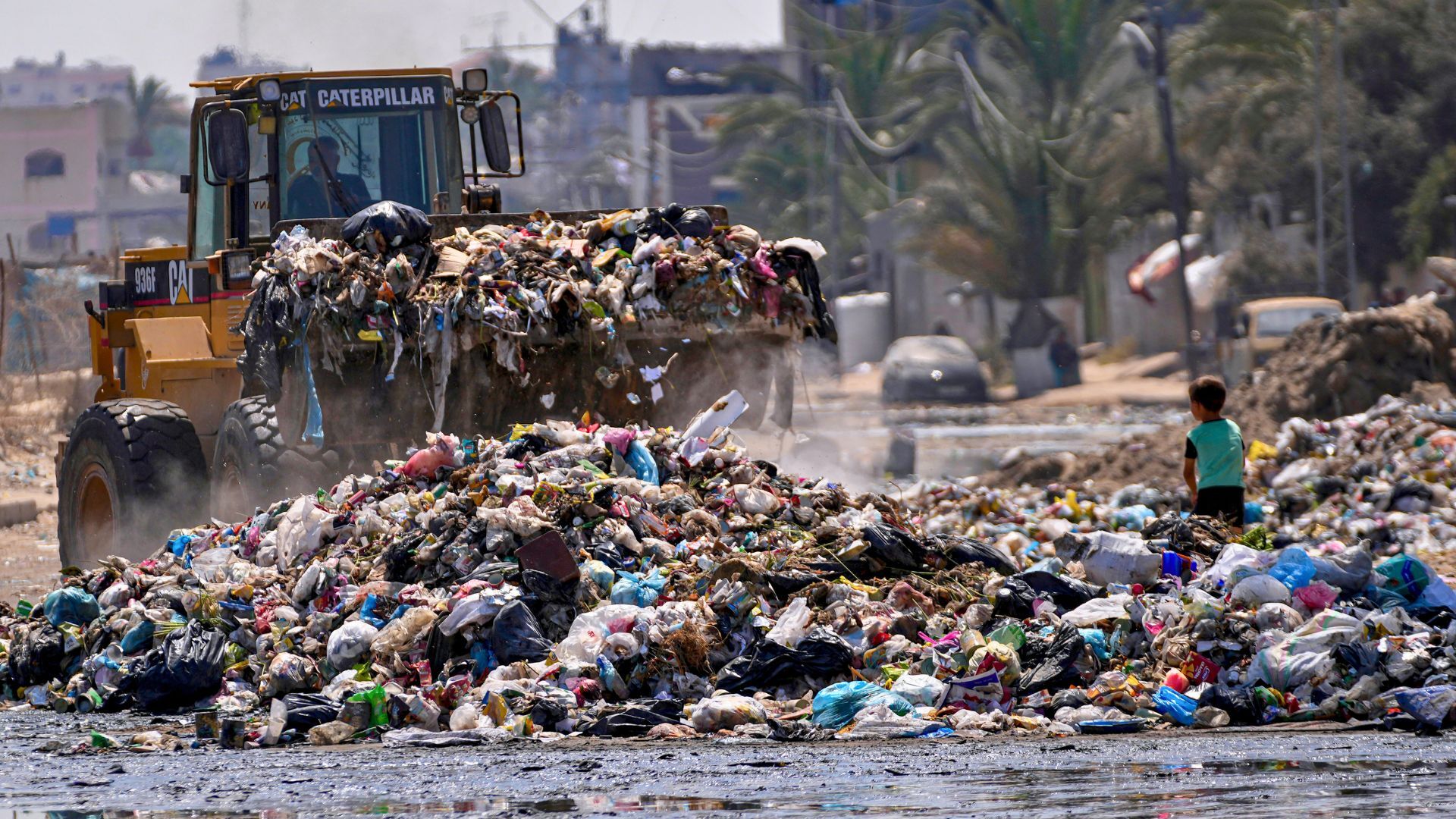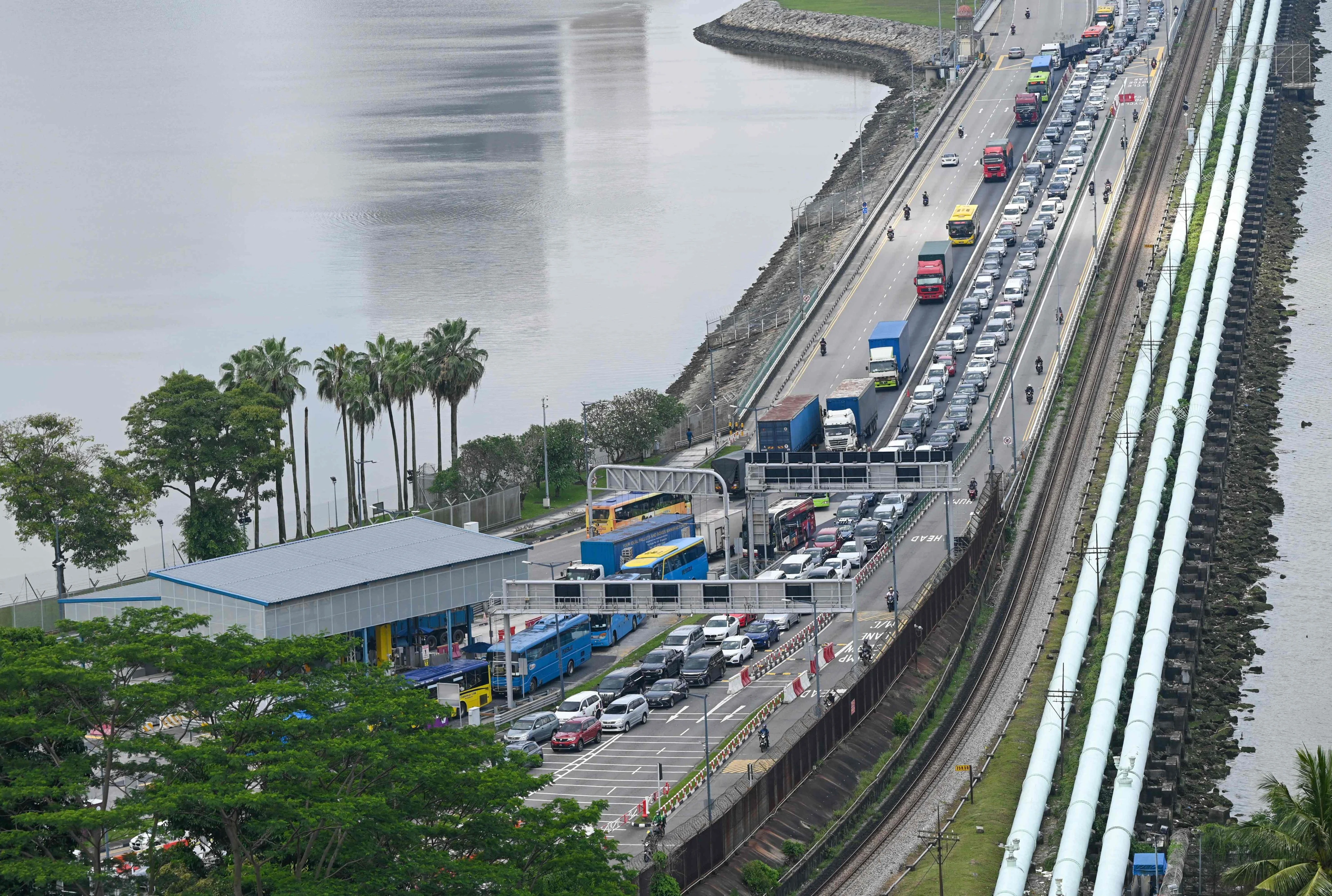Copyright trinidadtribune

Speaking at this year’s COP30 in Brazil, UN chief Antonio Guterres called the inability to limit global warming to 1.5C (2.7F) a “deadly moral failure”. But does the same apply when it comes to protecting the environment in conflict? Israel’s two-year war on Gaza has created 61 million tonnes of rubble, with nearly a quarter contaminated with asbestos and other hazardous materials. And scientists warn that Israel’s use of water, food and energy as weapons of war in Gaza has left farmland and ecosystems facing irreversible collapse. In Syria, President Ahmed al-Sharaa has cited his country’s worst drought in more than six decades as evidence of accelerating climate change and warned that it could hinder Syria’s post-war recovery. So, why isn’t conflict seen as a climate issue? And why is the environmental toll of war so often ignored? Presenter: Adrian Finighan Guests: Kate Mackintosh – deputy chair of the Independent Expert Panel for the Legal Definition of Ecocide Elaine Donderer – disaster risk specialist Farai Maguwu – director of the Zimbabwe-based Centre for Natural Resource Governance



